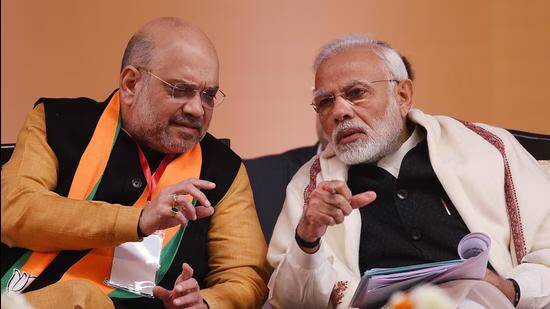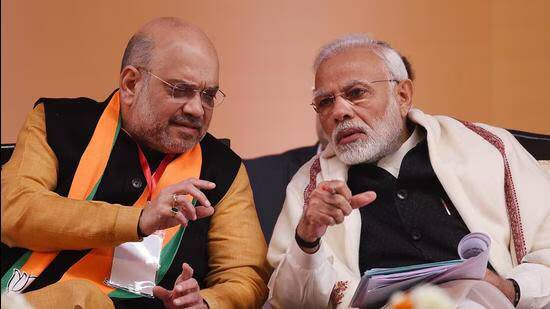
Wales snaps & leaves interview after host asks, ‘You’re Wikipedia’s Founder or Co-Founder?’
In a shocking turn of events, Jimmy Wales, the founder of Wikipedia, stormed out of a podcast interview in less than a minute after being asked if he was the founder or co-founder of the online encyclopedia. The incident has sparked a heated debate about the ownership and credits of Wikipedia’s creation.
The interview began with Wales introducing himself as the founder of Wikipedia, but things took a turn for the worse when the host asked him to clarify if he was the founder or co-founder. Wales was visibly taken aback by the question and responded, “It’s the dumbest question in the world.” He seemed to be offended by the host’s inquiry, and his tone became increasingly aggressive.
The host, taken aback by Wales’ reaction, attempted to clarify the question, but Wales was having none of it. He reiterated that he was the founder of Wikipedia and that the question was unnecessary. However, when the host pressed on, asking him to acknowledge Larry Sanger’s role in the creation of Wikipedia, Wales lost his cool.
For those who may not know, Larry Sanger is often credited with co-founding Wikipedia, and his contributions to the project have been well-documented. However, Wales has previously contested Sanger’s contributions, downplaying his role in the creation of the online encyclopedia.
The tension between Wales and Sanger has been a long-standing one, with both individuals having different accounts of Wikipedia’s early days. While Wales has been credited with launching the project, Sanger has claimed that he was instrumental in shaping the site’s early development.
The podcast host’s question, although seemingly innocuous, touched a raw nerve with Wales. He took umbrage with the implication that his role as founder was being questioned, and the mention of Sanger’s name only added fuel to the fire.
As the host continued to press Wales for a response, he became increasingly agitated. Finally, he had had enough and stood up, announcing that he was leaving the interview. The host, seemingly taken aback by Wales’ sudden departure, attempted to apologize and clarify the question, but it was too late. Wales had already stormed out of the room, leaving the host and the audience stunned.
The incident has sparked a lively debate about the ownership and credits of Wikipedia’s creation. While Wales has been widely recognized as the founder of the site, Sanger’s contributions have been largely overlooked. The question of who deserves credit for Wikipedia’s creation is a complex one, and the incident highlights the tensions and conflicts that can arise when individuals have different accounts of historical events.
The incident also raises questions about the nature of ownership and credit in the digital age. As collaborative projects like Wikipedia become increasingly common, the question of who deserves credit for their creation becomes more complex. Should the founder of a project receive sole credit, or should the contributions of others be recognized?
Ultimately, the incident highlights the importance of acknowledging the contributions of all individuals involved in a project. While Wales may have launched Wikipedia, Sanger’s contributions to the site’s early development should not be overlooked. By recognizing the contributions of all individuals involved, we can gain a more nuanced understanding of the complex and often messy process of creation.
In conclusion, the incident between Jimmy Wales and the podcast host highlights the tensions and conflicts that can arise when individuals have different accounts of historical events. The question of who deserves credit for Wikipedia’s creation is a complex one, and the incident raises important questions about the nature of ownership and credit in the digital age. As we move forward, it is essential that we recognize the contributions of all individuals involved in collaborative projects, and acknowledge the complex and often messy process of creation.





